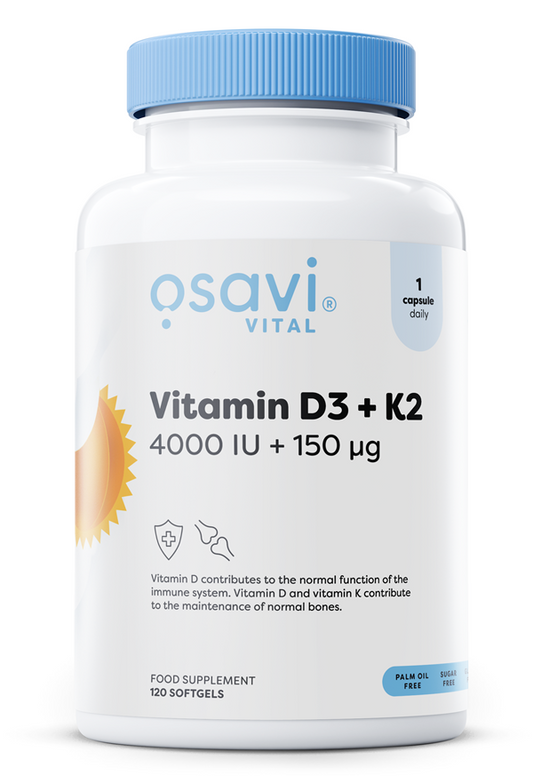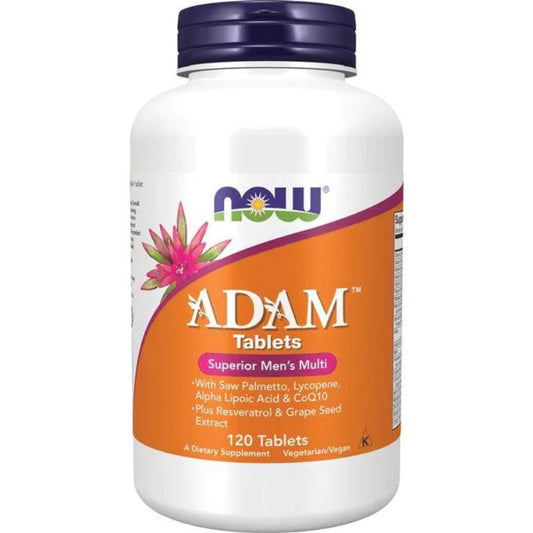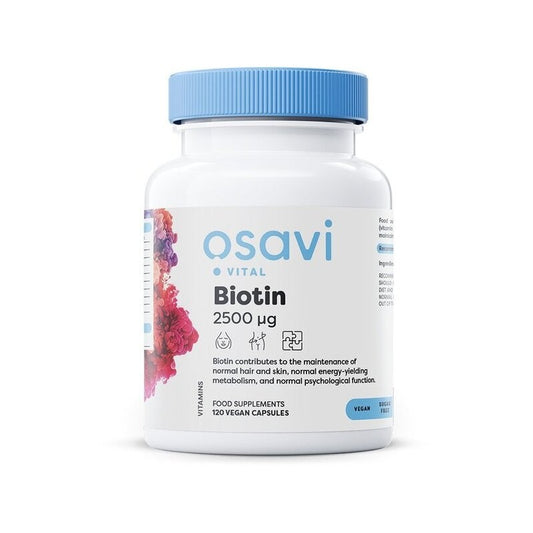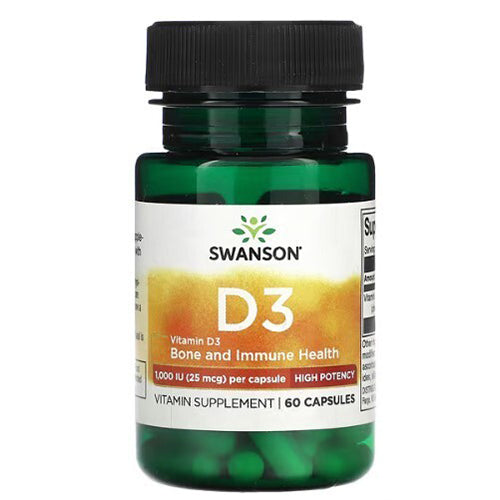
Vitamin B7 (Biotin) Essential for Healthy Hair, Skin, and Nails
Jakub SkibaVitamin B7, commonly known as biotin, is a water-soluble B vitamin that plays an important role in overall wellness and daily nutrition. It is a key member of the B-complex family of vitamins, helping the body utilize nutrients from a balanced diet. Biotin contributes to the normal processing of fats, carbohydrates, and proteins, which are essential for maintaining energy levels throughout the day. While often associated with hair, skin, and nails, biotin is an essential nutrient found naturally in a variety of foods, making it easy to include in everyday meals. Many people incorporate biotin-rich foods like eggs, nuts, seeds, salmon, and leafy greens to support general nutritional needs.
Because the body does not store biotin, a consistent intake from diet or supplements can be useful for those seeking to maintain nutritional balance. Biotin is available in various forms, from multivitamins to standalone supplements, and is commonly used in wellness routines as part of a broader approach to balanced nutrition. While it is sometimes highlighted for its role in hair, skin, and nail support, biotin is primarily recognized as a nutrient that helps the body metabolize key macronutrients and contribute to overall vitality. In this article, we explore the main functions of biotin, its food sources, recommended daily intake, and practical ways to include it in your diet for general wellness purposes.
Key Roles of Biotin in Nutrition
Energy & Metabolism
Biotin contributes to the metabolism of nutrients, including fats, carbohydrates, and proteins. It supports the natural conversion of food into energy, making it an important nutrient for maintaining an active and balanced lifestyle.
Hair, Skin, and Nail Support
Biotin is often included in wellness routines that focus on hair, skin, and nails. It helps support healthy keratin production, a protein that naturally occurs in these tissues.
Daily Wellness
Biotin also plays a role in overall nutrition, as part of the complex of B vitamins that help maintain daily balance and well-being.
Recommended Daily Intake
|
Age Group |
Biotin Intake (µg/day) |
|
Infants (0–6 months) |
5 |
|
Children (1–13 years) |
6–20 |
|
Teens (14–18 years) |
25 |
|
Adults (19+ years) |
30 |
|
Pregnant women |
30 |
|
Breastfeeding women |
35 |
A varied diet usually provides sufficient biotin, but some may choose supplements as part of their wellness routine.
Food Sources of Biotin
Animal-Based Sources
-
Cooked egg yolks
-
Liver (beef or chicken)
-
Salmon and other fish
-
Dairy products like milk and cheese
Plant-Based Sources
-
Almonds and walnuts
-
Lentils and soybeans
-
Sweet potatoes and avocados
-
Whole grains and oats
-
Leafy greens like spinach and broccoli
Note on Raw Eggs: Raw egg whites contain avidin, which can reduce biotin absorption. Cooking eggs deactivates avidin and makes biotin more available.
Biotin Supplementation
Dosage Guidelines
-
Typical daily intake from supplements: 30–100 µg/day
-
Higher amounts may be used in specific wellness routines (consult a professional if needed)
Best Practices
-
Take supplements with food to enhance absorption
-
Maintain consistent intake for nutritional balance
Safety Considerations
-
Biotin is generally considered safe in moderate amounts
-
Extremely high doses may interfere with certain lab tests
Who Might Consider Biotin?
-
Those following vegan, vegetarian, or restrictive diets
-
Individuals seeking to maintain general wellness
-
People looking to support their daily nutrient intake










